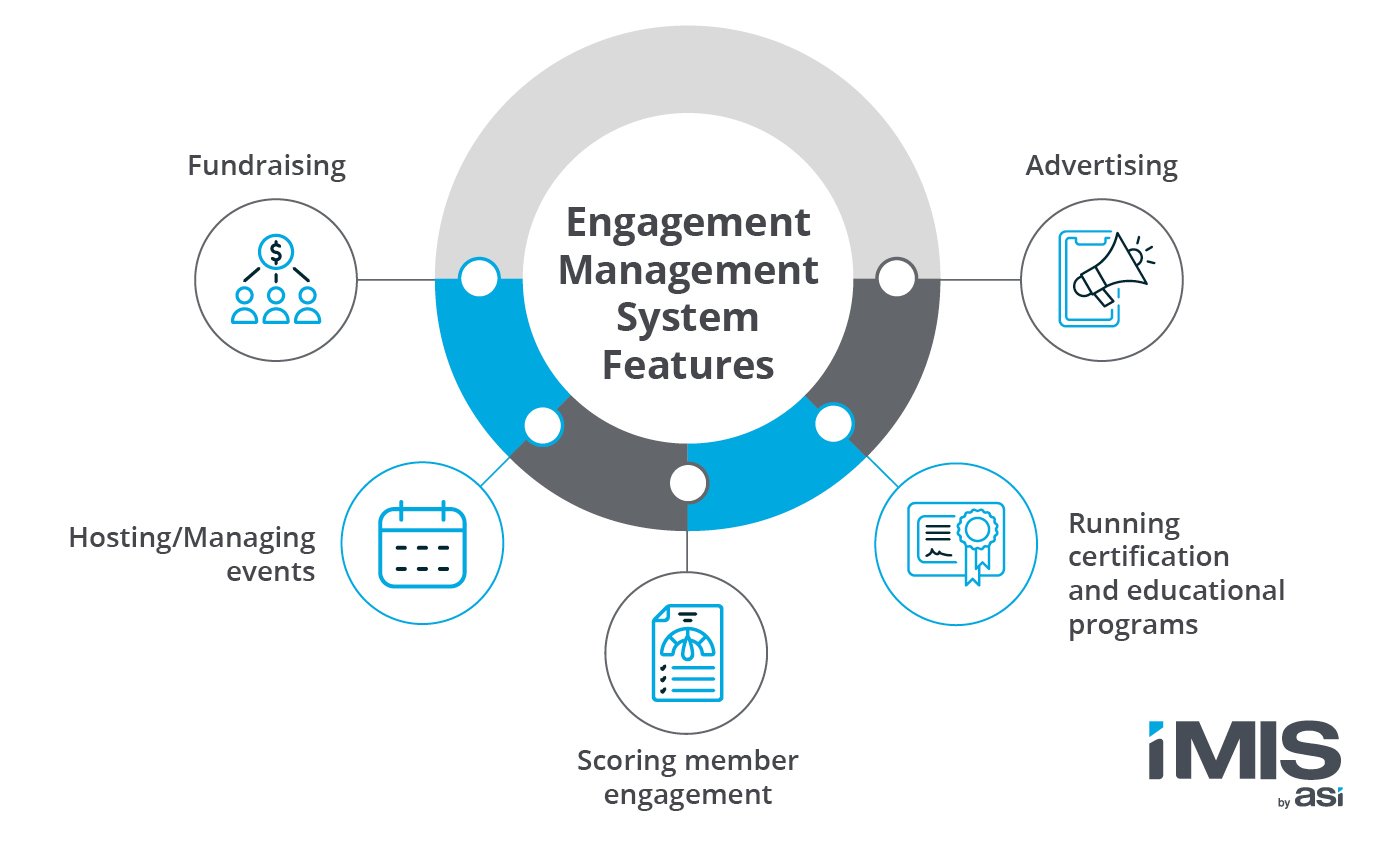Cette entreprise n'a pas de postes à pourvoir
0 Avis
Noter cette Entreprise (Pas d'avis pour l'instant)
About Us
Understanding Legal and Compliance Aspects in Your Outsourcing Journey

This article is a submission by Managed Services Partners. Managed Services Partners is an outsourcing firm with over six years of experience helping services improve operations and drive growth.

Embarking on the outsourcing journey is an endeavor that numerous organizations carry out to improve performances, decrease expenses, and take advantage of specialized talent.
However, alongside these possible benefits come a host of legal and compliance complexities that need to be to make sure the success and sustainability of contracting out efforts.
This thorough guide will explore essential legal and compliance factors to consider, with a concentrate on information personal privacy laws, non-disclosure contracts (NDAs), non-compete provisions, and the important role of adaptability in today’s vibrant service environment.
The outsourcing landscape
Outsourcing is more than a technique for offloading non-core jobs; it is a transformative method that can enhance a company’s flexibility and competitiveness.
Whether it’s IT services, customer support, manufacturing processes, or personnels, contracting out can offer a considerable edge. Companies that effectively contract out can concentrate on core business operations, drive innovation, and gain access to leading skill without the overhead costs of full-time work.
However, this journey is not without its legal and compliance challenges. Companies should be conscious of the complexities surrounding the transfer and management of information, the protection of intellectual home (IP), and the maintenance of regulatory compliance.
Given the international nature of outsourcing, organizations should likewise consider cross-border legal ramifications, which may vary significantly depending on the nation where the outsourcing provider runs.
Understanding these aspects is vital in making sure that contracting out collaborations line up with a company’s strategic objectives while reducing prospective legal dangers.
Oftentimes, organizations that disregard legal and compliance considerations deal with pricey conflicts, loss of sensitive information, or reputational damage that can take years to recover from.
Importance of legal considerations
Outsourcing inherently includes legal considerations that are important to safeguarding a business’s interests. At the forefront is the need to secure delicate details. Companies must understand and comply with data privacy laws that govern the jurisdictions in which they operate.
This is particularly critical as information breaches can lead to serious punitive damages and reputational damage.
Furthermore, intellectual home rights need to be plainly specified in outsourcing agreements to prevent unauthorized use or misappropriation of proprietary possessions. If these rights are not correctly established, a service might lose control over crucial innovations or confidential service processes.
For organizations running in extremely managed markets such as health care, financing, or legal services, compliance requirements are a lot more rigid.
Adhering to policies such as the General Data Protection Regulation (GDPR) in Europe or the Medical Insurance Portability and Accountability Act (HIPAA) in the United States is important to avoiding legal complications.
Non-Disclosure Agreements (NDAs) and non-compete provisions
When outsourcing, business regularly share proprietary information with external company.
To safeguard this valuable details, NDAs are utilized. These agreements are designed to avoid the unapproved dissemination of secret information, consequently protecting the company’s competitive advantage.

NDAs must be detailed and legally binding, plainly outlining what makes up secret information and the commitments of both parties in managing delicate data. Businesses should likewise make sure that their NDAs include arrangements for legal option in case of breaches.
Similarly, non-compete stipulations can be consisted of to prevent service companies from making use of delicate knowledge gained throughout the contracting out partnership to benefit a competitor. This is specifically important when contracting out freelancers or firms that may have several customers in the exact same industry.
However, the enforceability of non-compete stipulations can vary substantially depending upon the jurisdiction. Some areas have rigorous regulations restricting the scope and period of such clauses.
Therefore, it’s important for business to consult legal professionals with experience in the pertinent legal frameworks to draft efficient arrangements.
Contracts: Setting the structure
Contracts function as the blueprint for the contracting out partnership, specifying roles, obligations, deliverables, and timelines. They likewise lay out the legal and compliance expectations for both parties.
A well-structured agreement must attend to several crucial elements:
Scope of work: Clear and in-depth descriptions of the services to be offered, consisting of quality standards and performance metrics.
Data security: Specific clauses related to information security, information transfer treatments, and breach notification protocols to guarantee adherence to privacy laws.
Copyright rights: Provisions that develop ownership of IP developed throughout the partnership, and terms that safeguard pre-existing IP.
Termination stipulations: Terms that resolve the possible end of the outsourcing relationship, including notification periods and conditions under which termination can take place without charge.
Additionally, services must think about implementing service-level contracts (SLAs) to make sure responsibility and efficiency tracking. SLAs define quantifiable criteria that the outsourcing provider must satisfy, providing companies with option if expectations are not satisfied.
Engaging with service suppliers
Consulting with prospective provider during the early phases of the outsourcing journey is a tactical move. This engagement permits companies to evaluate the company’s ability to fulfill legal and compliance requirements.
Thorough vetting processes, such as asking for recommendations, reviewing past projects, and evaluating compliance accreditations, can supply important insights into the provider’s dependability and adherence to market requirements.
Businesses should also examine the monetary stability of possible outsourcing partners.
A provider that deals with financial challenges might not be able to keep operations long-lasting, posturing a threat to continuous projects. Conducting due diligence beforehand can prevent future disruptions.
The function of flexibility in legal and compliance strategies
Adaptability is an important element of successful outsourcing, particularly when it pertains to navigating evolving legal landscapes. Regulations and market conditions can change quickly, making it essential for business to remain agile.
Building flexibility into agreements and developing processes for ongoing compliance monitoring can help companies adapt to new legal requirements and preserve an one-upmanship.
For example, if a business is contracting out client support operations to numerous countries, they must guarantee compliance with numerous national laws relating to consumer security and data personal privacy.
Regularly updating policies and contracts in action to legal modifications can avoid legal pitfalls.
Real-world factors to consider and finest practices
To guarantee legal and compliance success in outsourcing, services must embrace the following best practices:
Regular audits and evaluations
Conduct regular audits and assessments to make sure that company remain compliant with legal and regulatory requirements. This proactive approach can assist determine prospective gaps before they escalate into significant concerns.
Training and awareness
Educate staff members and outsourced teams on data defense practices and legal commitments. This makes sure that everybody involved in the contracting out journey understands the importance of compliance and the role they play in protecting info.
Collaboration and interaction
Foster a collective relationship with company. Open lines of interaction can help resolve compliance concerns quickly and help with joint problem-solving efforts.
Crisis management preparation
Have contingency strategies in place in case of security breaches, contract disagreements, or service provider failures. A well-structured crisis management plan makes sure that services can quickly react to obstacles without considerable interruptions.
Legal compliance for outsourcing success

Understanding the legal and compliance aspects of outsourcing is necessary for businesses aiming to take advantage of external abilities while securing their interests. By focusing on essential locations such as information privacy, NDAs, non-compete provisions, copyright rights, and adaptability, business can effectively browse the outsourcing landscape.
Successful contracting out hinges on a collaborative approach between the business and its company. Building trust and maintaining transparent communication can cause effective analytical and a shared commitment to compliance.


